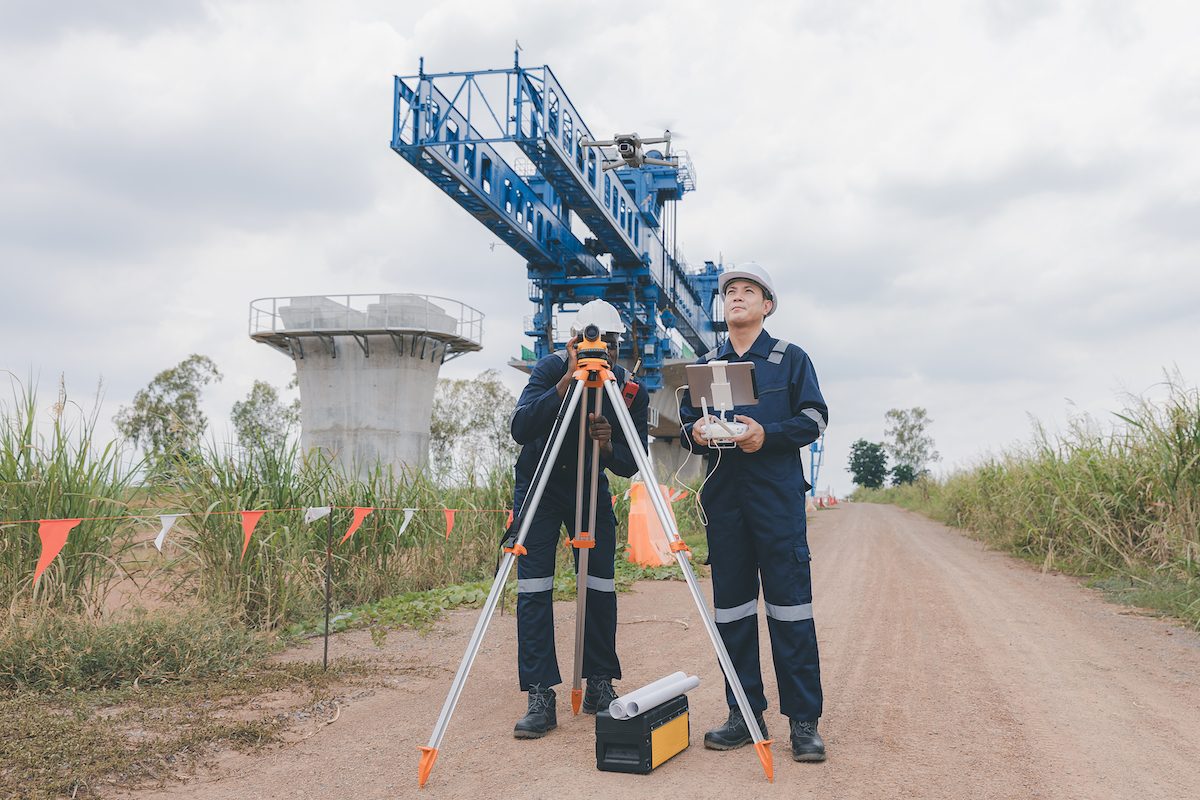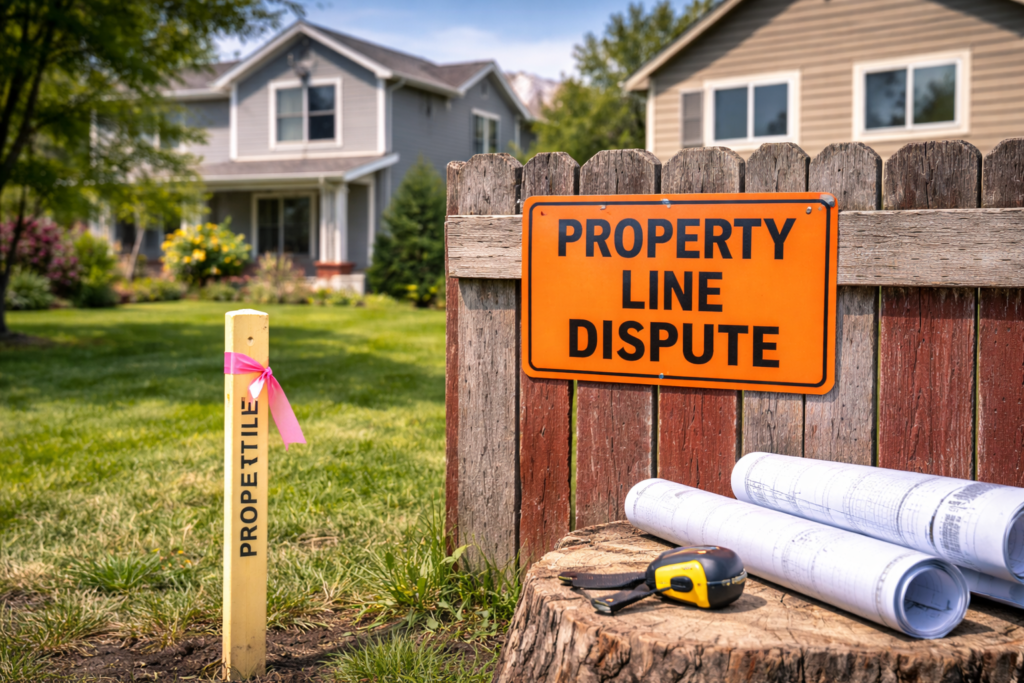As industries evolve and new technologies emerge, many individuals are reconsidering their career paths and asking, “Is surveying a good career?” This article delves into the benefits and opportunities within the surveying profession, highlighting why it remains a viable and rewarding choice for those interested in a dynamic and technologically driven field, especially in areas like Salt Lake City, Utah.
Surveying Career Prospects
A Growing Field
The demand for skilled surveyors continues to grow due to the increasing need for precise land and resource management across various sectors including construction, real estate, and environmental conservation. This ongoing demand is a strong indicator that surveying is not only a good career choice but also a stable one.
Technological Advancements
The integration of technologies like GPS, GIS (Geographic Information Systems), drones, and laser scanning has transformed the field of surveying, making it more efficient and expanding its applications. This technological progression not only makes the work more interesting but also enhances the skill set required, making surveyors more valuable than ever.
The Benefits of a Career in Surveying
Diversity of Work
Surveyors enjoy a variety of work environments, from office settings where they analyze data, to outdoor locations where they conduct fieldwork. This diversity can be particularly appealing for those who dislike the monotony of a typical nine-to-five office job. More about the diversity in surveying careers can be explored through resources available at Bureau of Labor Statistics.
Competitive Salaries and Job Security
Surveyors earn competitive salaries, with opportunities for advancement and increased earnings as they gain experience and additional certifications. The specialized nature of their skills also offers a certain degree of job security, especially in sectors where land development and infrastructure projects continue to grow.
Education and Certification in Surveying
Accessibility of Educational Programs
Becoming a surveyor typically requires a bachelor’s degree in surveying, geomatics, or a related field. Numerous universities and colleges offer programs specifically designed to prepare students for a career in surveying. For those interested in learning more about educational programs, The National Society of Professional Surveyors provides a comprehensive guide.
Licensing and Continuous Learning
After obtaining a degree, surveyors must become licensed in the state they wish to practice, which generally involves passing several exams. Continuous professional development is encouraged in the field, keeping surveyors up to date on the latest technological and regulatory changes.
Conclusion: Is Surveying a Good Career?
Surveying is undoubtedly a good career choice for those interested in a blend of outdoor activity, technology, and problem-solving. The profession offers robust job prospects, competitive salaries, and the satisfaction of playing a critical role in major projects that shape communities and the environment.
For those considering a future in this dynamic field, surveying presents a unique blend of challenges and rewards, making it an excellent career choice for aspiring professionals in cities like Salt Lake City and beyond.




